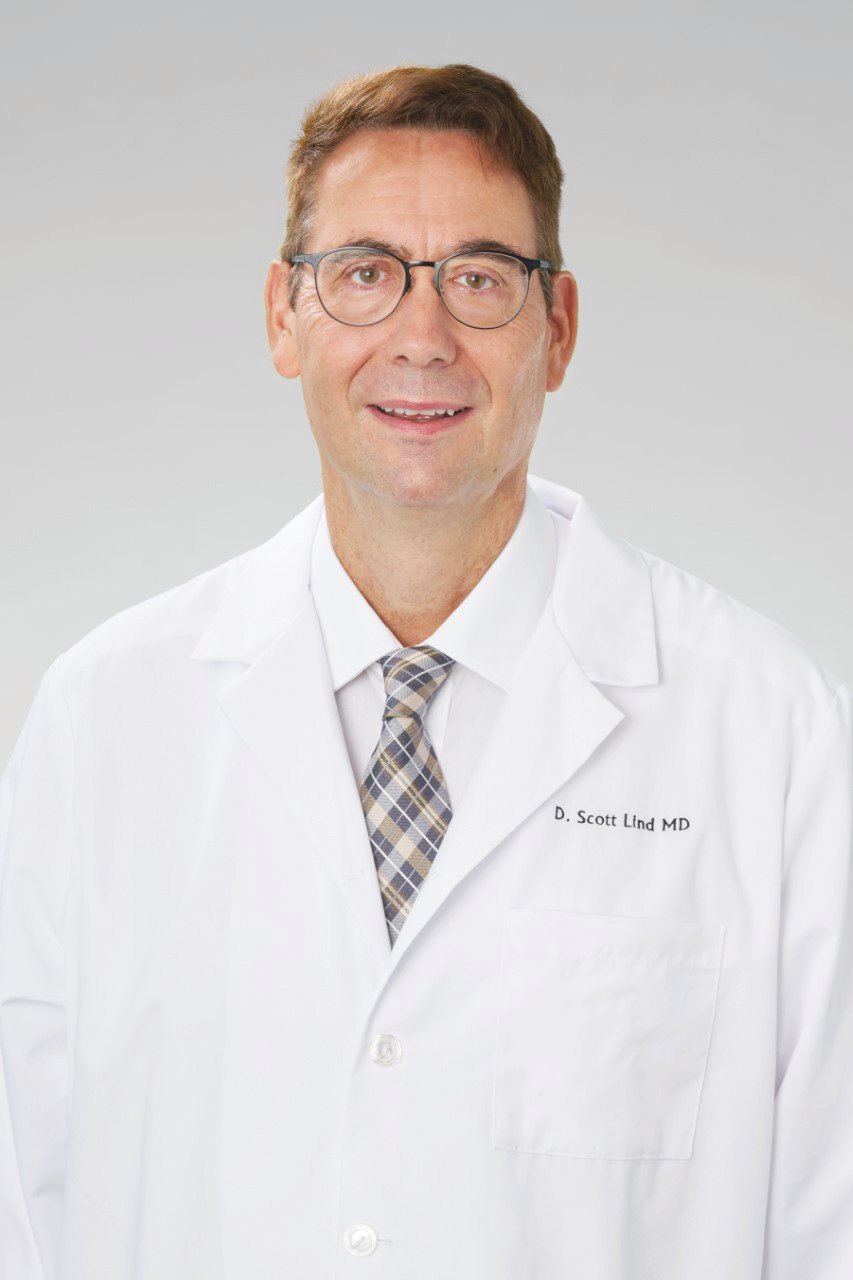Cancer screenings you should keep despite COVID-19
ORANGE PARK – We’ve stopped doing a lot of things. We’ve stopped going to restaurants, movies, avoided the gym, attending in-person school and more. But, during this pandemic, …
This item is available in full to subscribers.
Attention subscribers
To continue reading, you will need to either log in to your subscriber account, or purchase a new subscription.
If you are a current print subscriber, you can set up a free website account and connect your subscription to it by clicking here.
If you are a digital subscriber with an active, online-only subscription then you already have an account here. Just reset your password if you've not yet logged in to your account on this new site.
Otherwise, click here to view your options for subscribing.
Please log in to continueDon't have an ID?Print subscribersIf you're a print subscriber, but do not yet have an online account, click here to create one. Non-subscribersClick here to see your options for subscribing. Single day passYou also have the option of purchasing 24 hours of access, for $1.00. Click here to purchase a single day pass. |
Cancer screenings you should keep despite COVID-19
ORANGE PARK – We’ve stopped doing a lot of things. We’ve stopped going to restaurants, movies, avoided the gym, attending in-person school and more. But, during this pandemic, we’ve also stopped doing tasks that affect our health and well-being. Like avoiding routine appointments with doctors and getting potentially life-saving screenings.
It’s clear COVID-19 is going to continue its ebb and flow for some time but, there are some cancer screenings that the experts say not to delay.
Mammograms, colonoscopies, pap tests or prostate exams are key cancer screenings that experts from the American Cancer Society, the American Society of Clinical Oncology and Dr. Scott Lind, a Surgical Oncologist at Orange Park Medical Center agree can’t continue to wait. “We have seen patients with advanced cancers that have gone untreated and patients who have lost months of potential treatment time or options because they waited,” says Dr. Lind. “It’s hard to have those conversations knowing that they might have had a better outcome if we had just seen them earlier.”
As of April, colonoscopies have dropped by 90% with mammograms and cervical cancer pap tests dropping by 94% compared with the average rates for the previous three years. The National Cancer Institute has warned that Americans’ delays in screening, diagnoses and treatment because of the pandemic could lead to as many as 10,000 more deaths from breast and colorectal cancer in the next decade.
“We understand why many people are hesitant, but please talk to your doctor and ask questions about COVID-19 precautions, because in most cases a delayed diagnosis means a poorer prognosis,” Dr. Lind said. “As treatment options for more advanced cancers are often more invasive and require more specialized care, it’s best to get in sooner rather than later.”
In the past 30 years, routine screenings have yielded huge declines in cancer deaths. Breast cancer deaths have declined 20% and cervical cancer mortality rates have dropped more than 50% with most of the credit for these numbers going to routine screenings.
“While we all can agree it was best to slow down during the height of the pandemic to mitigate exposure risks – now it’s time to balance the risks with the undeniable benefits to you and those you love. It’s time to safeguard your health for the future,” said Dr. Lind.








